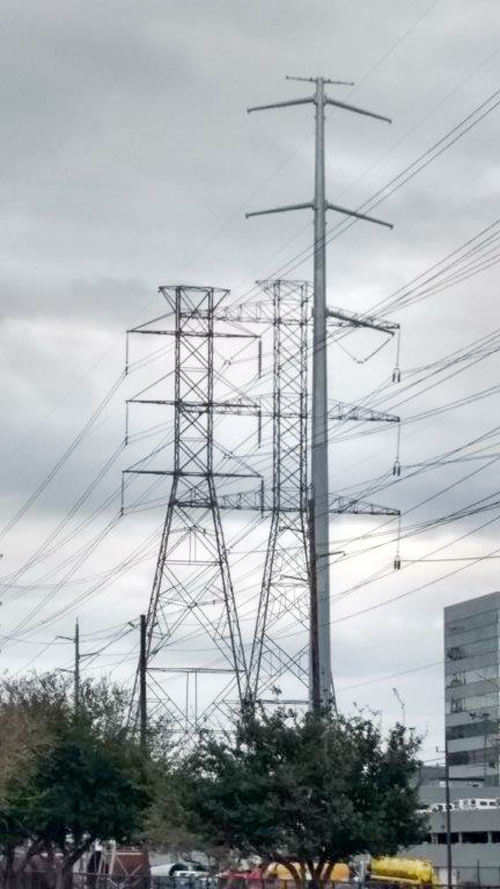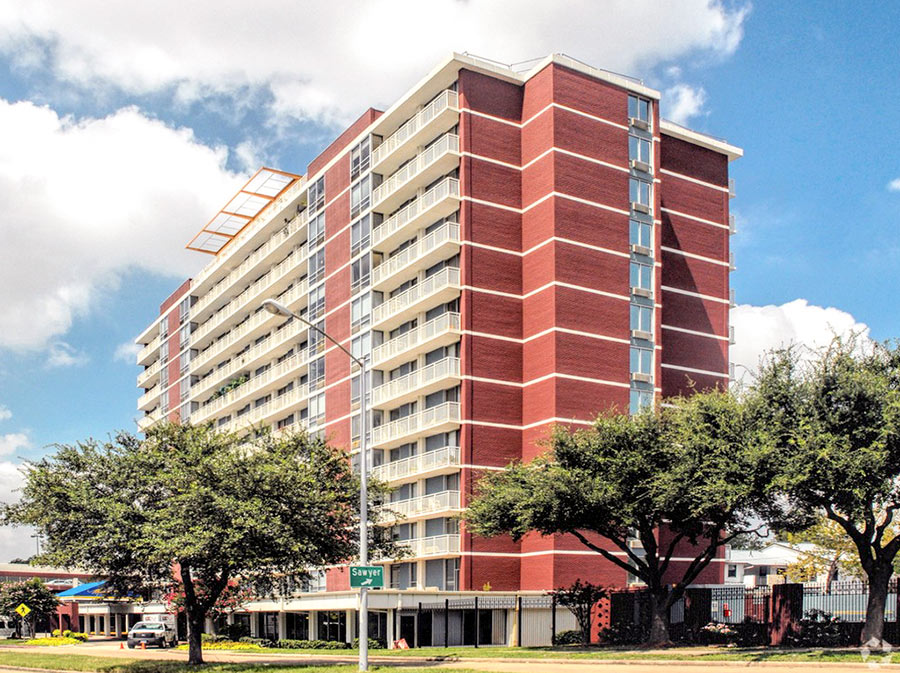A new single bill providing rebates over the next 5 years for Texas homeowners and businesses who install solar panels — and requiring electric companies to pay a fair market price for the excess electricity solar-powered customers generate — now appears likely to reach the governor’s desk.
The Chronicle‘s Tom Fowler provides a local angle:
An installed residential solar system for a 2,100-square-foot home costs about $25,500, according to Houston-based Standard Renewable Energy. Existing federal incentives would knock about $7,650 off the price. In Austin, residents can get another $13,500 in incentives, in Dallas about $7,900, but Houston offers no such advantages.
- Good Day (for Texas) Sunshine! [TexasVox]
- The state of solar power [Off the Kuff]
- Solar power [Houston Chronicle]




Speaking as someone who hopes to one day build a house of my own design:
The major barrier that keeps me from truly considering a solar power system is the up-front, out-of-pocket cost involved.
While I can certainly appreciate the considerable financial offset from lowered utility bills gained over the life cycle of the system, not being able to install the system at all negates the point.
I have seen “micro” grid tie solar systems. Basically, they consist of 1 or 2 panels and a small inverter. You can then “grow” the system by adding more panels/inverters as your budget allows. In the long run, this system might cost a bit more per kwh, but it should spread the up front expenses over the course of years.
I would be more concerned with the first substantial hurricane to come through town – goodbye solar panels.
This is great news for all of the apartment dwellers in Texas!
Nice to see that unjustified subsidies to homeowners continue to be handed out….
There are several amendments running through the lege that would allow the municipality or county (depending on which language gets used) to loan you the money for major energy efficiency and renewables on your home and pay it out over 20 years as an adder to your property taxes. If you sell the home the cost stays where the benefit is.
Perhaps a more economical start would be the solar-heated household water tanks so ubiquitous in Israel. Almost every home and apartment has a hot-water tank heated directly or indirectly by a solar panel on the building’s roof. There is also an electric supplemental heater for cloudy days or use of larger amounts of hot water. This heater is only turned on when necessary.
It would be good news for apartment dwellers if the owners of apartment buildings could take advantage of the large roof area they possess and install systems that might bring their utility bills down which in theory could have a knock on effect on rents asa whole.
Subsidies like this benefit us as a society by promoting the use of renewable energy sources that are currently going to waste. As conventional fuel sources become more expensive over the next few decades we will have to move in this direction and so it makes absolute sense for us to try and get a jump start on it. In addition, if government spends more money helping us take advantage of the energy sources on our doorstep they will have to spend less money protecting our oil and gas interests overseas. Of course if you’d rather keep on sending that money overseas …